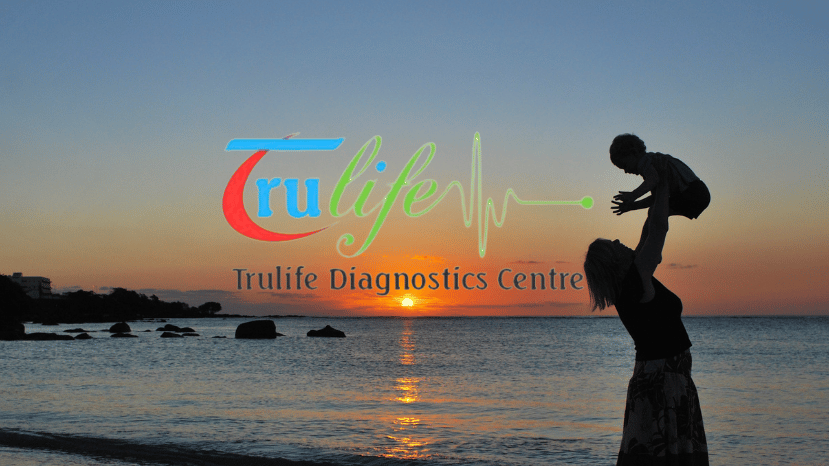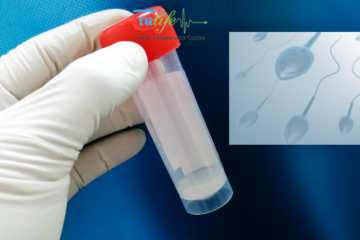Table of Contents
Best Pregnancy Scan Centre In Hyderabad
Pregnancy Scan Centre -Trulife Diagnostics is known as one of the offering comprehensive and advanced Ultrasound imaging services for expectant mothers.
With a commitment to excellence and patient-centered care, Trulife Diagnostics stands out for its state-of-the-art facilities, experienced medical professionals, and cutting-edge technology for Pregnancy Scan.
At Trulife Diagnostics, expectant mothers can expect a warm and welcoming environment where their comfort and well-being are prioritized.
The center is equipped with the latest ultrasound machines and diagnostic equipment, ensuring high-quality imaging and accurate diagnosis for Pregnancy Scan.
Trulife Diagnostics offers a wide range of Pregnancy Scan services, and Pregnancy Scan Test including routine prenatal scans, fetal anomaly scans, 3D/4D ultrasound scans for capturing beautiful, detailed images of the developing baby. Each scan is performed by highly skilled and experienced sonographers who provide personalized care and attention to every patient.
Trulife Diagnostics is known for its commitment to patient education and support. Expectant mothers receive detailed explanations of their scan results and have the opportunity to ask questions and address any concerns they may have about their Pregnancy.
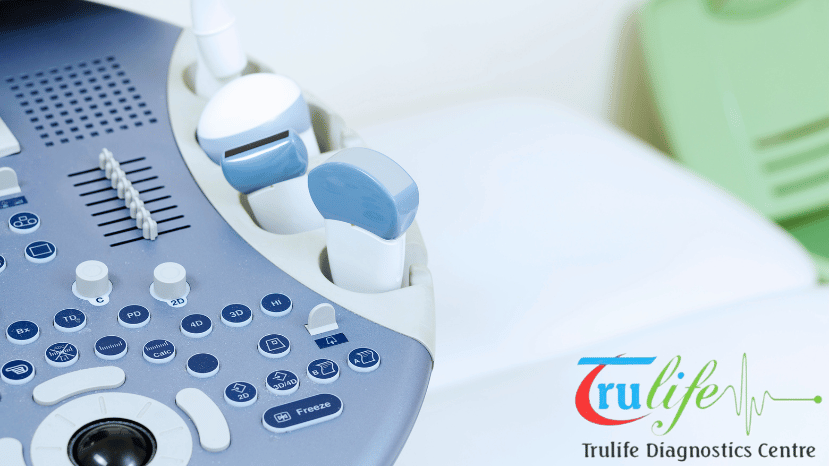
What Are The 5 Types Of Pregnancy Scan ?
- Early pregnancy or dating scan (8-11 weeks)
- Nuchal Translucency scan (11-14 weeks)
- Early Anomaly scan (14-18 weeks)
- Fetal Anomaly scan (19-23 weeks)
- Growth scan or Fetal Wellbeing scan (24-42 weeks)
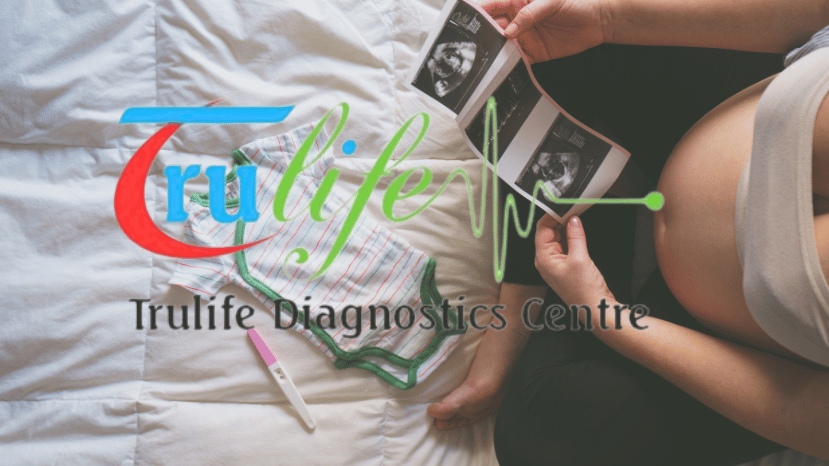
Which Type Of Pregnancy Scan Is Best ?
Dating Scan (Early Pregnancy Scan): Ideal for confirming pregnancy, estimating due date, and checking for a fetal heartbeat (usually done between 8-11 weeks).
After Dating Scan we would get to know about :-
Confirming Pregnancy: It visually verifies the presence of a gestational sac and a fetal heartbeat, providing a sense of reassurance in the early stages.
Estimating Due Date: By measuring the crown-rump length (CRL) of the embryo, the scan provides a highly accurate estimate of your due date, crucial for planning prenatal care and future milestones.
Checking Multiple Pregnancies: The scan can reveal if you’re expecting twins, triplets, or even more! (Though less common)
Assessing Placental Location: It helps determine if the placenta is implanted in the normal position within the uterus.
Screening for Early Issues: In some cases, the scan might identify potential complications like ectopic pregnancy (implantation outside the uterus) or fetal abnormalities.
What to Expect During the Scan:
The dating scan is a painless procedure typically performed trans abdominally (using a probe on your abdomen). For a clearer image in early pregnancy, a trans vaginal scan (probe inserted into the vagina) might be used. The sonographer will capture images and measurements of your baby, and a doctor will interpret the results and discuss them with you.
Benefits of a Dating Scan:
Peace of Mind: Visual confirmation of the pregnancy and a healthy heartbeat can significantly reduce anxiety in the early stages.
Accurate Due Date: Knowing your estimated due date allows for better planning of prenatal appointments, tests, and future arrangements.
Early Detection: While not a definitive diagnostic tool, the scan may provide early hints of potential complications, allowing for prompt follow-up and intervention if necessary.
Is a Dating Scan Necessary?
While not mandatory, the dating scan offers valuable information and peace of mind for many expecting parents. Ultimately, the decision rests with you and your doctor based on your individual needs and medical history.
Nuchal Translucency Scan: Often paired with a dating scan (11-14 weeks), it measures fluid collection at the baby’s neck to assess potential chromosomal abnormalities.
The Nuchal Translucency scan measures fluid collection at the back of your baby’s neck. This measurement, along with maternal age and a blood test, can indicate a potential increased risk for chromosomal abnormalities like Down syndrome
Anomaly Scan (Fetal Anomaly Scan): A detailed scan (18-22 weeks) to assess the baby’s organs, growth, and potential abnormalities.
- Fetal Anatomy: The scan meticulously examines all major organs (heart, brain, kidneys, etc.), limbs, and facial features to identify any potential abnormalities.
- Growth Measurements: It measures your baby’s head circumference, body length, and other parameters to ensure they’re growing within the expected range.
- Amniotic Fluid Level: The scan checks the amount of fluid surrounding the baby, which is crucial for healthy development.
- Placental Location and Appearance: It evaluates the placenta’s position in the uterus and its overall health.
- Multiple Pregnancies: If you’re expecting twins or more, the scan confirms the number of babies and their positions.
Benefits of an Anomaly Scan:
- Early Detection: While not a definitive diagnostic tool, the scan may identify potential birth defects or developmental concerns early on, allowing for further investigation and intervention if necessary.
- Peace of Mind: Seeing your healthy baby moving and developing can significantly reduce anxiety and provide reassurance during pregnancy.
- Planning for Delivery: The scan’s information can assist your doctor in planning for delivery, especially if any potential concerns are identified.
What to Expect During the Scan:
The anomaly scan is a painless procedure usually performed transabdominally (using a probe on your abdomen). In some cases, a transvaginal scan (probe inserted into the vagina) might be used for a clearer image. The sonographer will capture detailed images and measurements, which a doctor will interpret and discuss with you.
Is an Anomaly Scan Necessary?
While not mandatory, the anomaly scan is a vital part of prenatal care for many expecting parents. Ultimately, the decision rests with you and your doctor based on your individual circumstances.
Growth Scan (Fetal Wellbeing Scan): Monitors growth, amniotic fluid levels, and placental health throughout pregnancy (usually from 24 weeks onwards, with more frequent scans closer to term).
Keeping Watch: All About Growth Scans During Pregnancy
As your pregnancy progresses, monitoring your baby’s well-being becomes paramount.
Growth scans, also known as fetal wellbeing scans or third-trimester scans, are a valuable tool for this purpose.
Fetal Size and Weight: The scan estimates your baby’s size and weight, ensuring they’re growing within the expected range.
Amniotic Fluid Level: It checks the amount of fluid surrounding the baby, which is essential for healthy development and lung function.
Placental Health: The scan evaluates the placenta’s location, maturity, and blood flow, ensuring it’s functioning optimally.
Fetal Movement and Heartbeat: It monitors your baby’s activity level and heart rate, which are important indicators of well-being.
Multiple Pregnancies: If you’re expecting twins or more, the scan checks on each baby’s growth and development.
Benefits of a Growth Scan:
Early Detection: The scan can identify potential growth issues or concerns like intrauterine growth restriction (IUGR) early on, allowing for timely intervention if necessary.
Peace of Mind: Regular monitoring can significantly reduce anxiety and provide reassurance as you approach your due date.
Planning for Delivery: By tracking your baby’s growth, doctors can plan for delivery and identify any potential complications.
What to Expect During the Scan:
Similar to other prenatal scans, growth scans are painless procedures usually performed transabdominally. The sonographer will capture images and measurements, which your doctor will interpret and discuss with you. The frequency of these scans may increase closer to your due date to ensure optimal monitoring.
Is a Growth Scan Necessary?
Growth scans are not mandatory for all pregnancies. However, they are often recommended for women with certain risk factors like high blood pressure, gestational diabetes, or a history of previous complications. Ultimately, the decision rests with you and your doctor based on your individual needs and medical history.
For clarity, Contact Trulife Diagnostics and inquire about their Pregnancy Scan Services.
This ensures you have the information needed to make informed decisions for your pregnancy journey.
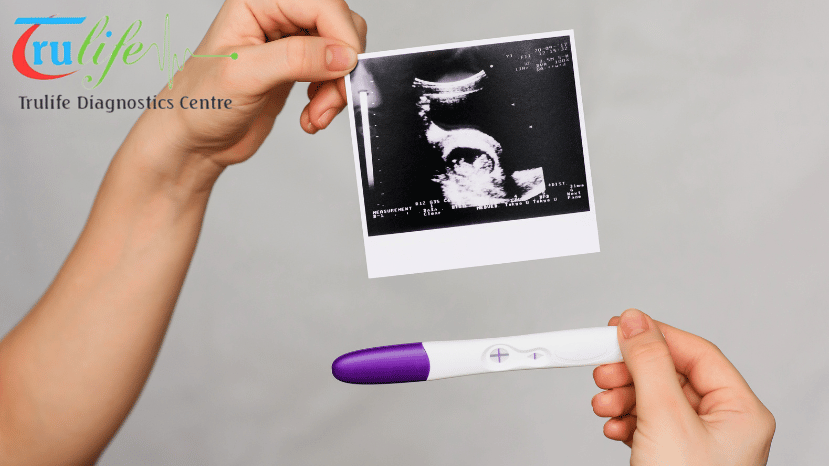
What is the best time for early Pregnancy Scan?
The best time for an early Pregnancy Scan depends on the specific reason for having the scan:
Confirmation of Pregnancy and reassurance: If you’re simply looking for confirmation that you’re pregnant and want to see a heartbeat, the ideal window is between 7 and 8 weeks of pregnancy.
At this stage, the embryo is large enough to be visualized clearly with a transvaginal ultrasound (probe inserted into the vagina) and a heartbeat can be detected.
Dating the pregnancy: For the most accurate dating scan, the recommended timeframe is between 8 and 12 weeks of pregnancy. This allows for a more precise measurement of the crown-rump length (CRL) of the embryo, which is the most reliable method for estimating your due date.
Checking for complications: If you’re experiencing symptoms like bleeding or cramping, or have a history of miscarriage or ectopic pregnancy (implantation outside the uterus), your doctor might recommend an earlier scan, potentially as early as 6 weeks, to assess the situation.
Remember: It’s always best to consult with your doctor to determine the optimal timing for your early pregnancy scan based on your individual needs and medical history.
Why Choose Trulife Diagnostic As Pregnancy Scan Centre?
- Technology Focus: They emphasize using advanced ultrasound equipment, which could translate to clearer and more accurate images for your scans.
- Experienced Team: A qualified team of professionals can ensure accurate interpretations and address any concerns you might have during the scan.
- Precision and Accuracy: They emphasize their commitment to using advanced technology and experienced staff to ensure accurate results. This is crucial for all pregnancy scans, especially early scans where measurements are critical.
- Convenience: Trulife offers multiple branches and potentially extended hours (24/7 availability according to a source), making it easier to schedule appointments that fit your busy life.
- Experience Matters: A qualified and experienced team can provide accurate interpretations, answer your questions, and alleviate anxieties during a potentially nerve-wracking time.
- Free Consultations: This can be helpful if you have questions or concerns before the scan itself.
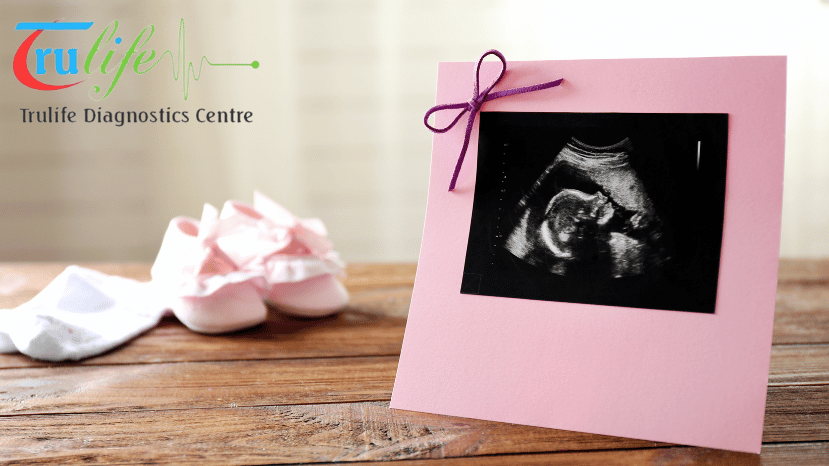
Book Free Consultations

